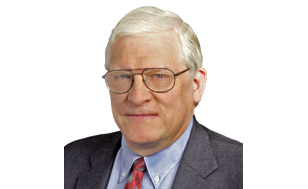Every attorney who regularly handles appeals will encounter this question sooner or later: What is the effect of a legally or factually unsupportable theory, when that theory was submitted to a jury along with one or more other, valid liability theories, and the jury returns a general verdict finding liability?
Gray-beard practitioners, such as myself, particularly need to pay attention to this point, because the law changed relatively recently. For many years, the answer to this question was an emphatic no. Numerous appellate decisions had held that a new trial was required whenever the verdict form was too vague to exclude the possibility that the jury might have based its verdict on an erroneous issue or instruction. The state Supreme Court, without giving the issue much thought, or at least ink, held in Izzi v. Philadelphia Transportation, 195 A.2d 784 (Pa. 1963), that a new trial was required because the trial court had submitted an inapplicable claim to the jury. The court held that, “since the [second theory] is inapplicable, this was basic error which necessitates a new trial.”
This content has been archived. It is available through our partners, LexisNexis® and Bloomberg Law.
To view this content, please continue to their sites.
Not a Lexis Subscriber?
Subscribe Now
Not a Bloomberg Law Subscriber?
Subscribe Now
LexisNexis® and Bloomberg Law are third party online distributors of the broad collection of current and archived versions of ALM's legal news publications. LexisNexis® and Bloomberg Law customers are able to access and use ALM's content, including content from the National Law Journal, The American Lawyer, Legaltech News, The New York Law Journal, and Corporate Counsel, as well as other sources of legal information.
For questions call 1-877-256-2472 or contact us at [email protected]



